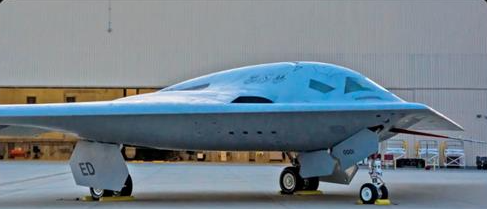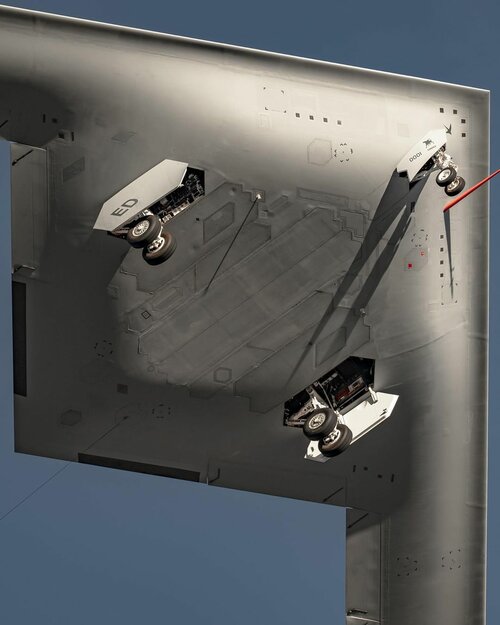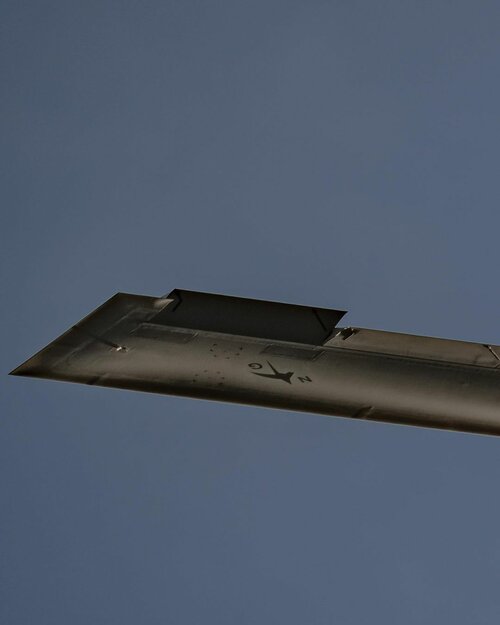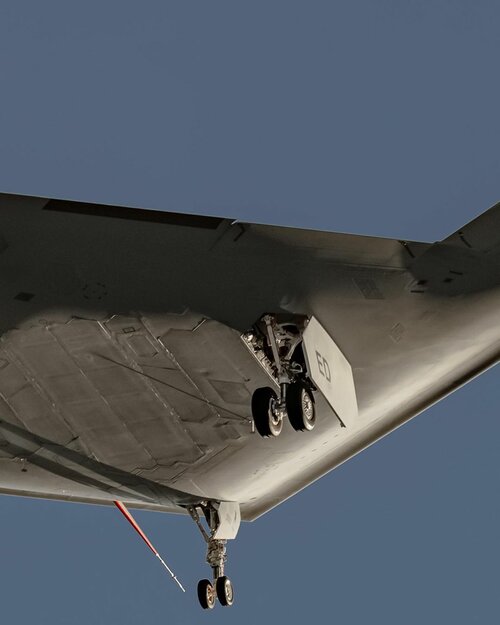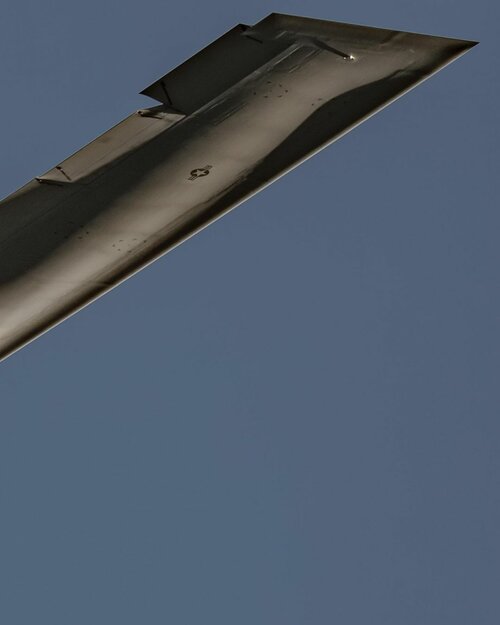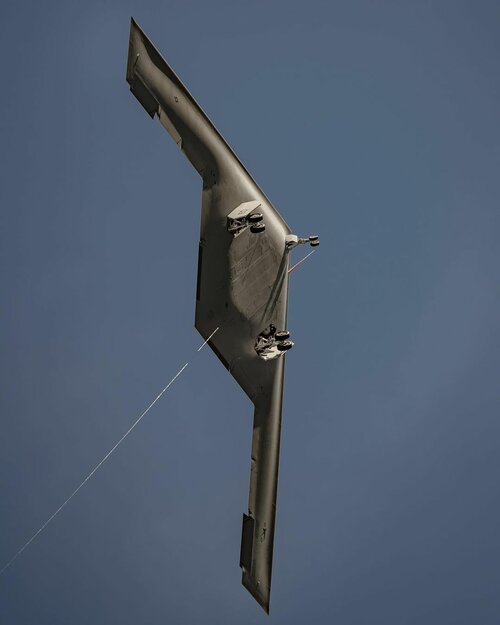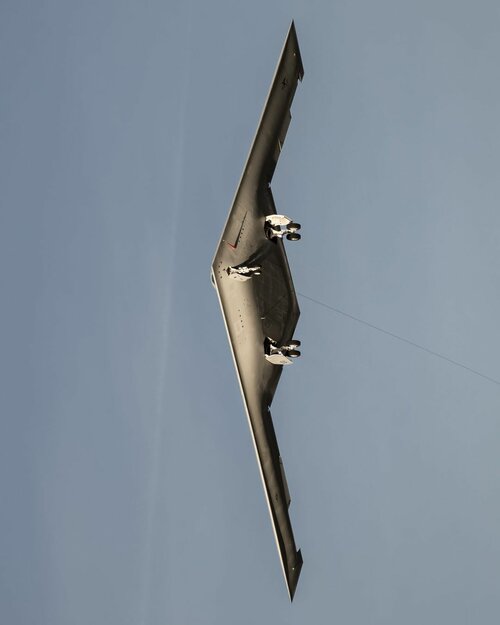weight:
empty 48 t,
normal takeoff 117 t,
maximum takeoff 124 t,
landing 51 t,
flight range 12,000 km,
radius 5700 km,
total combat effectiveness +16% B-2
empty 48 t,
normal takeoff 117 t,
maximum takeoff 124 t,
landing 51 t,
flight range 12,000 km,
radius 5700 km,
total combat effectiveness +16% B-2






